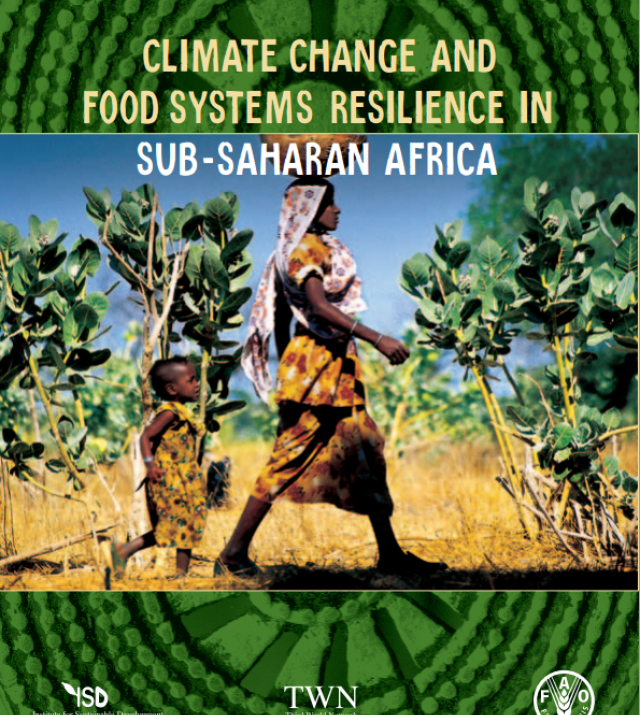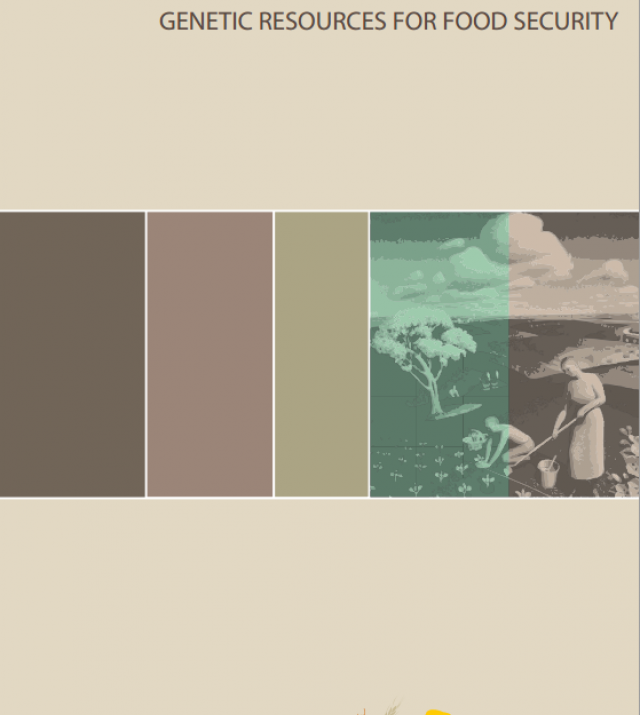
Organic Agriculture and Climate Change Mitigation: A Report of the Round Table on Organic Agriculture and Climate Change

During the next decades, billions of people, particularly those in developing countries, will face changes in climate patterns that will contribute to severe water shortages or flooding, and rising temperatures that will cause shifts in crop growing seasons. This will increase food shortages and distribution of disease vectors, putting populations at greater health and life risks. The predicted temperature rise of 1 to 2.5° C by 2030 will have serious effects, especially in terms of reduced crop yield. The productivity of farms is likely to diminish because of climate change, especially in the 40 poorest countries in Africa and Asia. Increased drought periods in many parts of the world and erratic rainfalls will endanger yield stability and put global food production at risk.
As the world seeks solutions for facing the reality of changing climates, the importance of mitigating the effects of greenhouse gas (GHG) emissions becomes increasingly significant, especially in the agriculture sector which both emits and sequesters GHGs. Agriculture causes approximately one-third of global GHGs when direct energy use, emissions from livestock, the production of fertilizers, pesticides, machinery and equipment as well as soil degradation and land-use change for feed production are taken into account.
The report of the Intergovernmental Panel on Climate Change (IPCC) on the role of agriculture considers many techniques packed into organic management as relevant mitigation and adaption actions, such as the integration of leguminous plants into the crop rotations, excellent soil cover, mixed farming systems and the longevity of ruminants.
The Round Table on Organic Agriculture and Climate Change (RTOACC) is a newly launched initiative dedicated to increasing understanding and quantifying the role that organic agriculture can play in climate change mitigation and adaptation – in addition to its already understood contribution in areas such as reducing use of chemical pesticides and biodiversity conservation.

